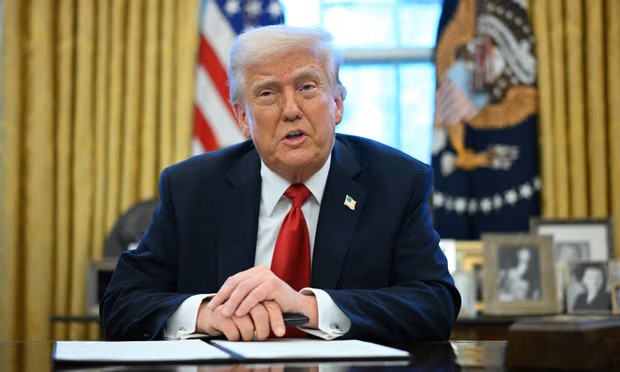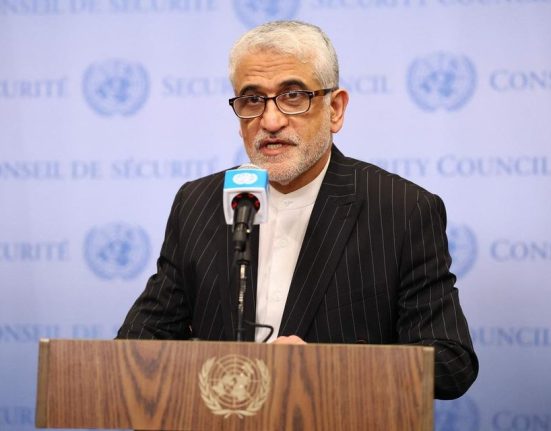A new report commissioned by the United States Senate has revealed a significant reduction in cancer research funding under the administration of President Donald Trump, sparking widespread outrage and concerns over the future of scientific and medical research in the country. The findings, released on Tuesday, allege that the White House is engaged in what lawmakers describe as a deliberate assault on science and health infrastructure.
According to the report, compiled under the oversight of Senator Bernie Sanders, a leading progressive and ranking member of the Senate Health, Education, Labour, and Pensions (HELP) Committee, funding for cancer research fell by a staggering 31 per cent in the first quarter of 2025 compared to the same period in 2024. The analysis estimated that over $13.5 billion in health-related funding had already been cut this year, leading to the termination of 1,660 research grants and the dismissal of thousands of scientific personnel.
The National Cancer Institute (NCI), a critical agency under the National Institutes of Health (NIH), was among the worst affected, losing over $300 million in just three months. This reduction has dragged inflation-adjusted grant support to its lowest point in over a decade. The broader NIH also suffered a substantial blow, with a budget slash of $2.7 billion in the same period.
Senator Sanders did not mince words in his reaction to the findings. “Since January, Trump has launched an unprecedented, illegal and outrageous attack on science and scientists,” he said. “This administration is not only denying scientific truth but actively seeking to dismantle it.”
The report, informed by interviews with dozens of health professionals and federal scientists, painted a grim picture of dysfunction and politicisation within the Department of Health and Human Services (HHS), now headed by vaccine sceptic and controversial figure Robert F. Kennedy Jr.
Among the more disturbing revelations were reports from the Centres for Disease Control and Prevention (CDC), where at least 175 public health datasets had reportedly been deleted. One physician lamented the situation, stating that clinicians were now being forced to treat patients without access to updated, evidence-based guidance.
The report also shared a personal account from a 43-year-old colorectal cancer patient, who recounted how her enrollment in a T-cell therapy trial at the NIH was delayed due to the agency’s resource shortages. “The reality is that by reducing money and staff, the NIH will not be able to produce my treatment, and it might cost me my life,” she told Senate investigators.
Within the NIH Clinical Centre, researchers described their working conditions as “complete chaos,” with several laboratories entirely shut down. One researcher offered a damning indictment of the administration’s handling of public health: “This administration has a lot of blood on its hands. We just want to take care of people.”
The report also raised red flags over the resurgence of preventable diseases, particularly measles, which has infected over 1,000 people and claimed three lives so far in 2025. Over 40 research grants specifically designed to study vaccine hesitancy have been abruptly cancelled, worsening fears around rising misinformation and declining vaccination rates.
Adding to the controversy, Robert F. Kennedy Jr. has reportedly brought on board David Geier—known for spreading debunked claims about vaccine-autism links and previously sanctioned for practising medicine without a license—to spearhead new inquiries into vaccine safety. These efforts, critics argue, are not based on credible science and risk undermining decades of public health progress.
Despite proposing a 26 per cent reduction to the HHS budget in the coming fiscal year, President Trump has allocated $500 million to fund Kennedy’s “Make America Healthy Again” initiative. The programme is said to focus on alternative approaches such as nutrition and physical activity while criticising what it describes as the nation’s “over-reliance on medication.”
The White House has yet to issue a formal response to the Senate report, though international news agency AFP has reached out for comment. As the revelations continue to reverberate through the political and scientific communities, pressure is mounting on the administration to reverse course and restore confidence in the country’s commitment to medical research and public health.







